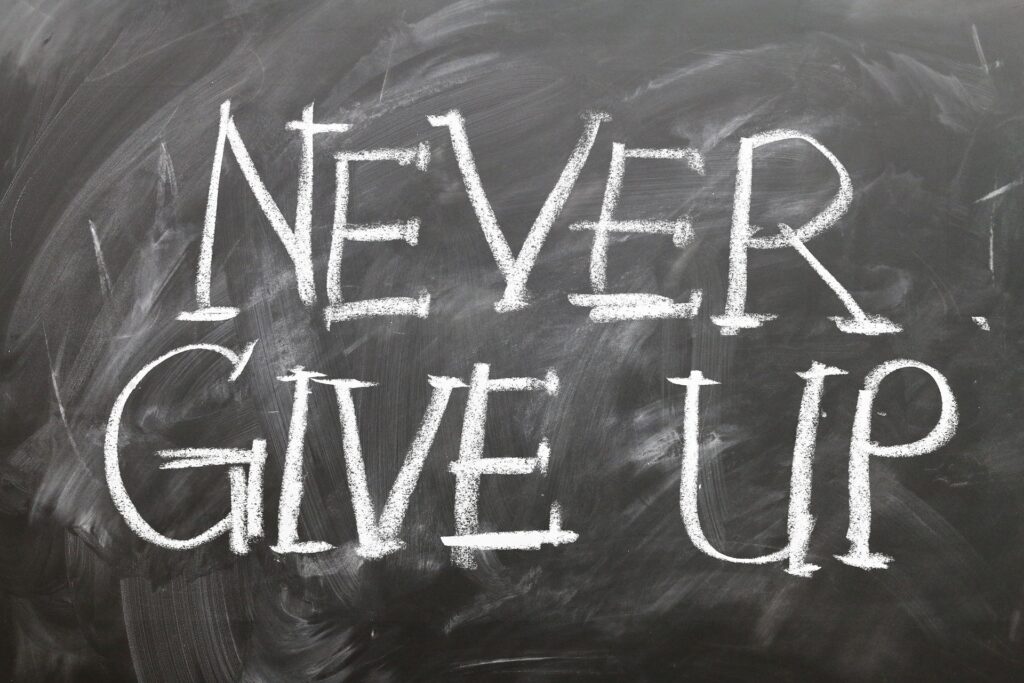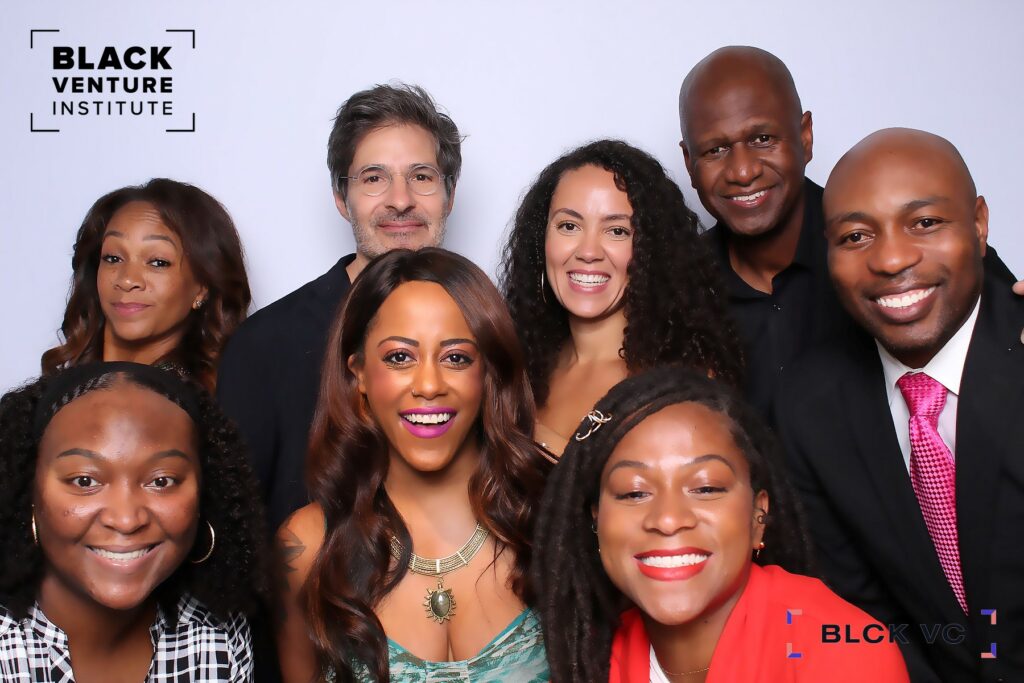It was around 2006 and I was starting my last year of undergraduate school when I decided entrepreneurship was the way to go. Being a broke, independent college student really lit a fire under my ass and I started looking for ways to make more money. I had jobs as a college student but it was nothing anyone could live well on for the long term.
I took a deep dive into Google Search and that’s when I discovered that tech and digital entrepreneurs were using search engine optimization and digital advertising to build businesses that would go on to make millions of dollars. From that point forth I knew building some type of tech or digital business was for me.
Having the Vision and Courage to Pursue Entrepreneurship
In 2007 I graduated, earning my bachelors degree in Computer and Information Systems. I was hired at Accenture one month before graduation and began working immediately after. Although I was working in corporate America at a prestigious consulting firm, my mind could not get past starting a business. After about one year and three months at Accenture, I decided that it was time to take the plunge into entrepreneurship. Although I didn’t have a ton of money, I had come up with an idea to get started and began seeking out resources to help me make the idea a reality.

In 2009 I was introduced to a former banker who could help me write a business plan so I could apply for a business loan to fund the launch of the business. I immediately learned how difficult if not impossible it would be to get a loan from a bank to start a business. I was told I needed good credit (which I had messed up in college) and a track record of success. I really didn’t have either because I was only 22 years old and just getting started in my career. I knew there had to be another way.
I started researching and discovered Dan Gilbert’s accelerator, Bizdom U. That’s when I learned that raising money from investors to launch a tech business was a thing. I also started researching other ways to get capital and discovered there were many funding sources out there besides traditional banks. I began to find all types of alternative business loan lenders. Then I came with an idea— what if I create a platform to match entrepreneurs with funding sources so they don’t have to search all over the internet to find them?
The Idea I Could Have Raised Millions for if I Was White & Connected
I wanted to create a platform where funding sources could be found in one place. I just knew I had a great idea on my hands. (This was in 2010). I started by talking to developers about how much it would cost to build. I learned that I would need to spend at least $20,000 to create an MVP, which I absolutely did not have at that young age. I really had no support to launch this business and no one around me (not even family thought I could do it or offered help). I decided to revisit the process of applying for a business loan to get the $20k.
That’s when I discovered Lendio (formerly Funding Universe) and later, Fundera. They had created a lender matching platform to help entrepreneurs and small business owners find capital. Lendio went on to raise $108.5 million and Fundera raised $18.9 million in venture capital. The founder of Fundera raised this at 20-something years old. It was at that moment that I knew I could come up with viable business ideas but I didn’t have the type of access and privilege as the Founders of Lendio and Fundera.
I realized I would need to work full time while still building the business on the side. Since I knew about all of these business loan lenders and funding sources that most entrepreneurs didn’t know about, I started referring them to the lenders and the lenders would pay me a commission if they got funded. Doing this (and providing other services to entrepreneurs) to generate revenue for the business along with working full time jobs in the digital marketing and advertising industry enabled me to save money, improve my credit and eventually launch Small Business Brain, the digital publication and future funding marketplace that I had always dreamed of.
Becoming the Investor I Needed
Watching founders my age raise hundreds of millions of dollars for the very idea I had come up with fueled a burning desire in me to become a venture capitalist. I started researching the field and participating in various programs designed to help black people break into the industry.
Learning about the history of venture capital, private equity, and angel investing helped me realize that most black people don’t do this stuff. Yes we start businesses but we don’t usually become VCs and angel investors that invest in other black people. (Less than 2% of black entrepreneurs raise venture capital and even less work in the field).

I further learned that non-black VCs and angel investors will only invest so much in us (and some won’t invest in us at all). Many non-black VCs and angel investors expect more black people to become VCs and angel investors and raise the money from each other.
The largest VCs that have been around the longest get access to most of the institutional money that’s invested in venture capital funds (e.g. endowments, universities, etc). Those organizations don’t typically invest in new venture capital funds and most black venture capitalists are new fund managers. It’s also hard to convince black people to become angel investors because it’s a new and risky endeavor that many of them don’t fully understand.
Knowing this and experiencing my own issues accessing capital influenced me to become an angel investor and eventually pursue raising a venture capital fund. In order for black entrepreneurs to raise the type of money our white peers are raising, more of us have to become angel investors and venture capitalists so we can invest in each other’s businesses. Otherwise, we’re still going to be waiting for non-black people and non-black owned institutions to invest in us 20 years from now.
Sidebar: While black people also deserve to have the institutions (mentioned above) invest in black emerging fund managers (because we also invest our money in these institutions) we know that this can take time to happen.
If you’re a black professional or entrepreneur, I encourage you to learn more about becoming a venture capitalist and/or angel investor. There are many programs available to help you break into both areas.
Here are a few programs you should check out— Black Venture Institute, TechTown Catalyst Angel Program, Material Change Institute, and VenCapital.
Note: You will need to be accredited (see accreditation rules here).




